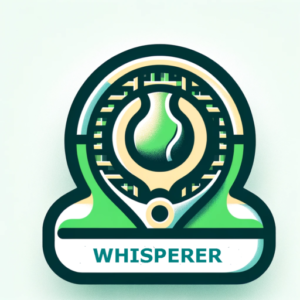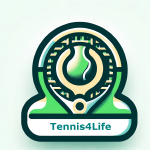Dehydration: The Silent Performance Killer
Dehydration: The Silent Performance Killer for Older Athletes
Hydration is the foundation behind the three keys of great tennis—ball watching, balance, and rhythm. Without it, your eyes track slower, your body wobbles during movemeny, and your timing falls out of sync. Even the best technique can’t survive when the system runs dry.
For many of us still grinding it out in Badge or weekend comps, the real opponent isn’t always across the net—it’s inside our own body. Dehydration is a silent performance killer, and as we age, the risks rise dramatically.
Why Dehydration Hits Harder After 60
Aging bodies hold less water in muscle and connective tissue, meaning older players start matches closer to the dehydration threshold. Add heat, long rallies, or even a couple of drinks the night before, and the impact multiplies:
-
Muscle elasticity drops, raising the risk of strains and tears.
-
Balance and coordination decline, making quick steps and safe recovery harder.
-
Cramping becomes more likely, as electrolytes like sodium, potassium, and magnesium get flushed out.
For players already battling slower recovery and tighter tissues with age, dehydration acts as an amplifier.
Accelerating Impact of Alcohol
Alcohol compounds these risks. Research shows it affects every organ system—muscles, blood vessels, digestion, heart, and brain. With age, those systems are already under strain. Older players typically:
-
Have less muscle mass and water retention, so blood alcohol levels rise faster.
-
Show memory and coordination deficits at lower levels than younger players.
-
Face a greater risk of falls and injury—especially troubling since tennis demands balance and quick directional changes.
Even “just one drink” can impair working memory, slow reaction time, and compromise balance—the very skills we rely on for safe movement on court.
Signs You’re Playing Dehydrated
Many players think they’re just “sluggish” or “getting older,” but the warning signs are often hydration-related:
-
Dry mouth or sticky saliva
-
Dark yellow urine (pale yellow is ideal)
-
Headache, dizziness, or mental fog
-
Heavy legs or sudden cramps
-
Faster heart rate than usual for your effort level
-
Footwork suddenly feeling clumsy
How Long Does It Take to Recover?
Recovery depends on severity:
-
Mild: A few hours with steady water + electrolytes.
-
Moderate: Often 24 hours before you’re truly back to baseline.
-
Severe (>5% loss): Can take days, sometimes requiring medical attention.
For older players, recovery is slower because tissues don’t retain water as efficiently. That’s why a Friday night out + Saturday Badge is a dangerous combo—you’re starting in deficit before the first warm-up ball.
Hydration and Cramping
Cramping is one of the most common on-court issues for aging players. Alcohol raises the risk in two ways:
-
It acts as a diuretic, flushing electrolytes needed for muscle contraction and relaxation.
-
It dehydrates tissues, making them less resilient under long rallies or hot conditions.
Even moderate intake the night before a match can leave you depleted, increasing the chance of those painful late-set cramps.
Dehydration in Much Older Players
For players in their 70s, 80s, and beyond, dehydration isn’t just a performance dip—it can be a safety hazard. At these ages, the body holds far less water, kidney function declines, and the thirst signal is blunted, meaning you may already be under-hydrated before stepping on court. Even mild fluid loss can cause sharp drops in balance, reaction time, and coordination—magnifying fall risk during quick directional changes. Recovery also takes longer, as tissues rehydrate more slowly and muscle water reserves are reduced. For this group, hydration isn’t optional—it’s the foundation for safe movement, clear thinking, and simply enjoying the game.
A Practical Hydration & Recovery Checklist
To stay ahead of the curve:
-
Hydrate steadily the day before a match, not just on game day.
-
Sip water during play, especially in heat.
-
Avoid alcohol before/after matches, when the body most needs hydration and tissue repair.
-
Listen to your body—foggy thinking, sluggish movement, and cramps are warning signs, not “just aging.”
Wrap-Up
Dehydration steals performance quietly—slowing reaction time, draining energy, and increasing injury risk. For older athletes, the margin for error is razor-thin.
Tennis always comes back to the three keys: ball watching, balance, and rhythm. Protect your hydration, and you protect them. Lose it, and the game unravels one step at a time.



